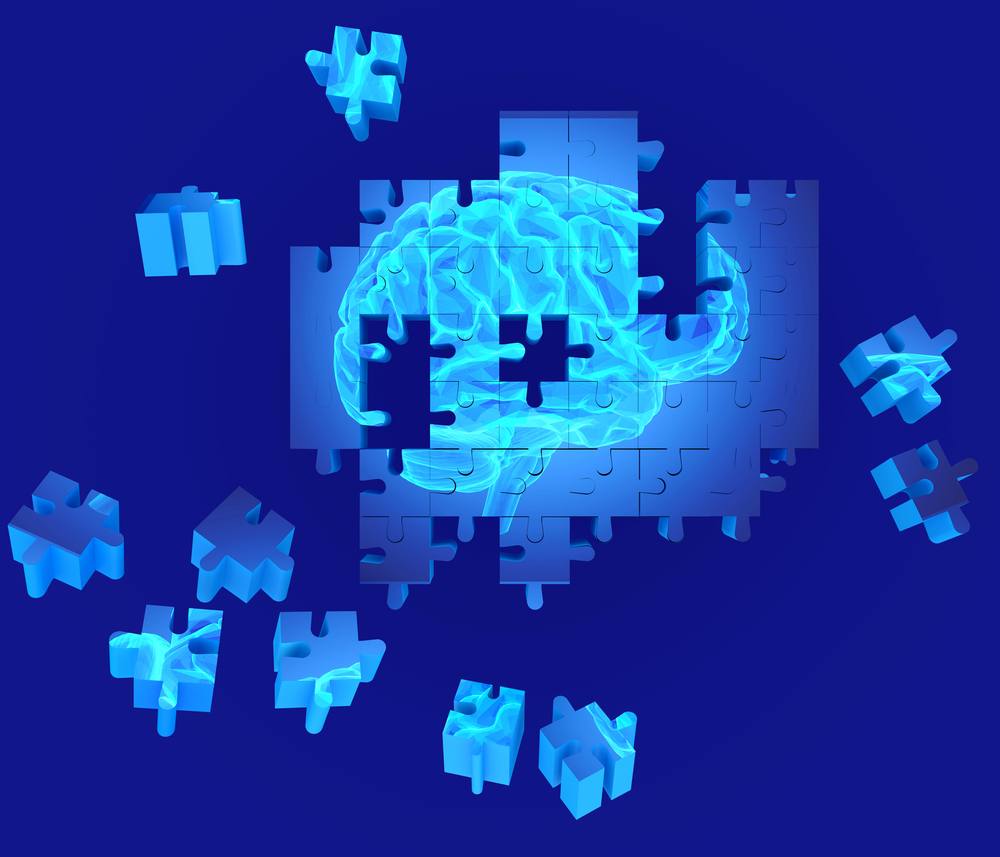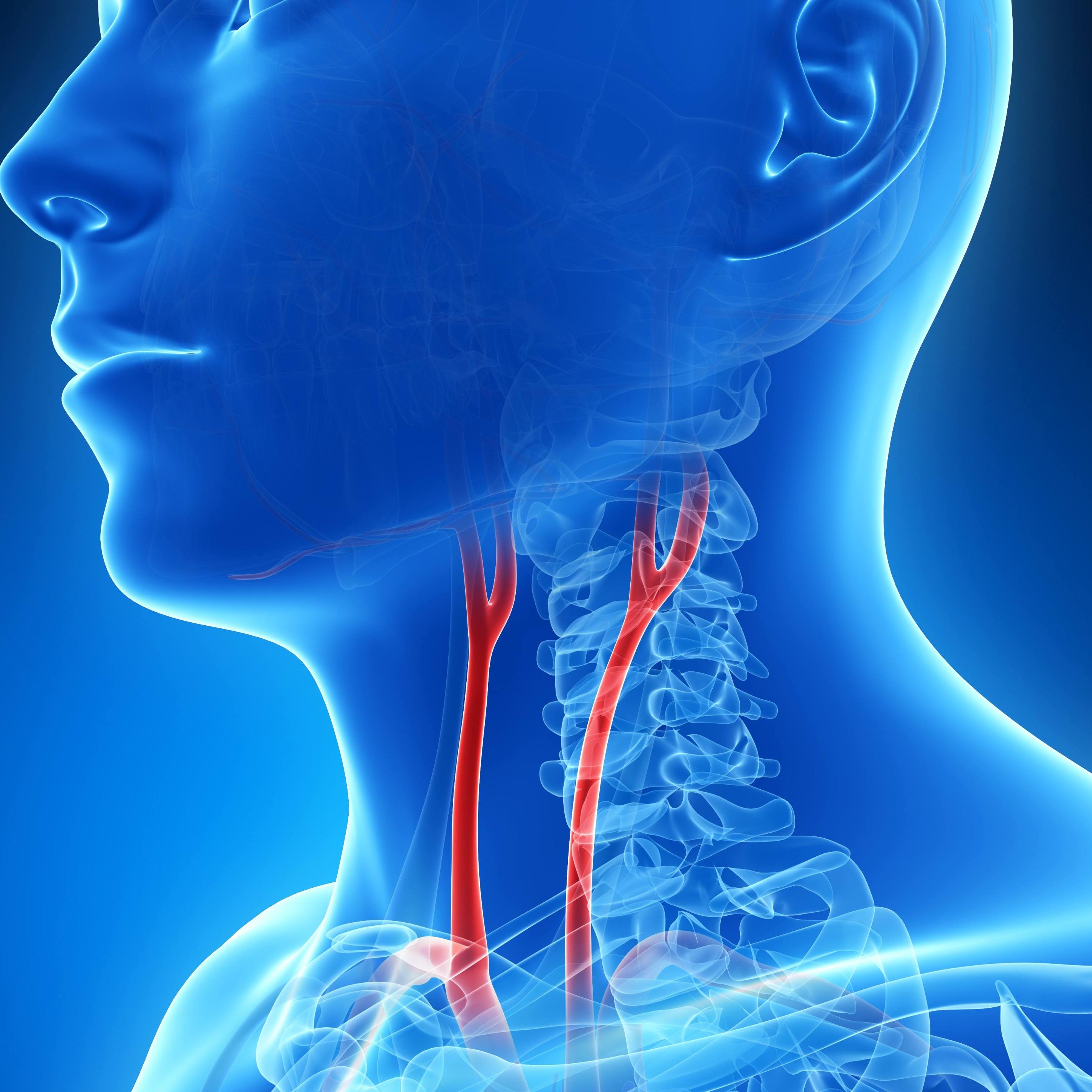-
Clinical Trials
New NIH consortium to streamline clinical trials for Alzheimer’s disease, related dementias

ROCHESTER, Minn. — A new clinical trials consortium funded by the National Institutes of Health (NIH) is expected to accelerate and expand research into therapies that treat or prevent Alzheimer’s disease and related dementias.
Called the Alzheimer’s Clinical Trial Consortium, the cooperative agreement awarded today is expected to total $70 million over five years, pending the availability of funds.
The consortium will be led jointly by research teams from Mayo Clinic; University of Southern California, San Diego; and Harvard University-affiliated Brigham and Women’s Hospital and Massachusetts General Hospital. The National Institute on Aging will provide scientific input.
“For Alzheimer’s research to continue to advance, and help patients and families faced with this devastating disease, scientists must be able to implement early intervention and prevention studies,” says Ronald Petersen, M.D., Ph.D., co-principal investigator of the consortium, director of the Alzheimer’s Disease Research Center, Mayo Clinic, and the Mayo Clinic Study of Aging, and also the Cora Kanow Professor of Alzheimer’s Disease Research.
“This consortium will help researchers recruit clinical trial participants and eliminate logistical roadblocks that scientists face. Together, we can do more to tackle this complex disease.”
Alzheimer's disease affects as many as 5.3 million people in the U.S. age 65 and older, says the NIH. Without effective intervention, that number is projected to rise to between 11 to 16 million by 2050.
The consortium’s leadership team also includes Paul Stephen Aisen, M.D., principal investigator and director of the Alzheimer's Therapeutic Research Institute, University of Southern California, and Reisa A. Sperling, M.D., co-principal investigator and director of the Center for Alzheimer Research and Treatment, Brigham and Women’s Hospital.
“This nationwide collaboration will move us closer toward techniques to prevent Alzheimer’s disease,” Dr. Aisen says. “Perhaps, one day, we’ll be able to do a blood draw to identify individuals in need of preventive measures to stave dementia and Alzheimer’s disease. We’re not there yet, but we’ve had many promising studies that have provided breadcrumbs on how to get there.”
Clinical trials can require screening thousands of volunteers to identify eligible participants, which can consume time and resources. The consortium will offer shared support services, enabling researchers to manage and analyze large amounts of data, and recruit participants from diverse backgrounds.
“We must overhaul our current recruitment strategies for clinical trials, particularly to improve the diversity of our study participants and to reach people who do not yet have symptoms of Alzheimer’s disease for inclusion in future prevention trials,” Dr. Sperling says.
The consortium will share data, software and biologic samples, such as blood, tissue and cerebrospinal fluid. The initial network will include 35 clinical trial sites nationwide. More sites may be added later, the NIH says. During the five-year award period, it is anticipated the consortium will have the capacity to handle five to seven trials across the full spectrum of Alzheimer’s and related dementias — from prevention initiatives to combination trials for advanced symptomatic stages.
“We have reached a critical juncture in Alzheimer’s and related dementias research, with new and exciting opportunities to build upon what we have learned,” says Richard Hodes, M.D., director, National Institute on Aging. “The [consortium] will provide vital infrastructure, centralized resources and shared expertise to help us more rapidly and optimally test new treatments.”
Mayo Clinic investigators have been at the forefront of developing medical imaging methods that identify biomarkers for Alzheimer's disease, as well as participating in basic research and clinical trials, studying potentially new therapeutics.
“The huge public health impact of Alzheimer’s affects all of us in some way — economically, socially, emotionally,” says Dr. Petersen. “We truly hope this consortium will fill a desperate need in the field of Alzheimer’s research and help foster a breakthrough in prevention or treatment to slow disease progression.”
###
About Mayo Clinic
Mayo Clinic is a nonprofit organization committed to clinical practice, education and research, providing expert, comprehensive care to everyone who needs healing. For more information, visit mayoclinic.org/about-mayo-clinic or newsnetwork.mayoclinic.org.
MEDIA CONTACT
Susan Barber Lindquist, Mayo Clinic Public Affairs, 507-284-5005, newsbureau@mayo.edu







